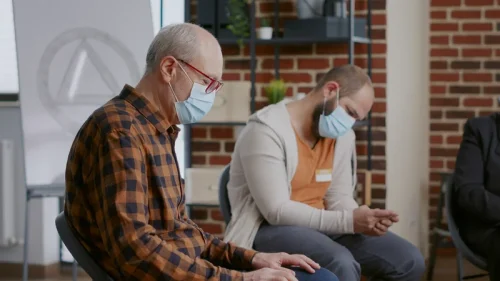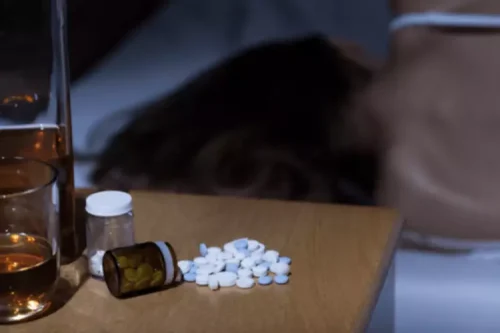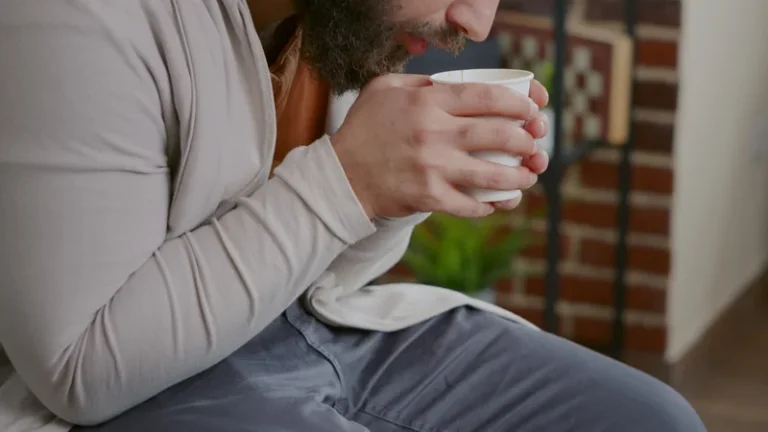
If you are thinking about quitting drinking, talk to your healthcare provider. Medical supervision, behavioral health treatment, and mutual-aid groups can help you through alcohol withdrawal and stay stopped. As the parenteral form of clomethiazole is no longer available, its application is dependent on sufficient alertness and cooperation to enable peroral treatment. For adequate alleviation of delirious symptoms, 200 mg capsules are administered (maximum 24 capsules per day) and doses are repeated every 2–3 h until sufficient calming.
Social Support and Treatment Programs
A summary of relevant markers in the emergency setting is given in Table Table3.3. The detection of ethanol itself in different specimens is still a common diagnostic tool to prove alcohol consumption. Although ethanol is rapidly eliminated from the circulation, the time for detection by breath analysis is dependent on the amount of intake as ethanol depletes according to a linear reduction at about 0,15‰/1 h. There is a large degree of variability in alcohol metabolism as a result of both genetic and environmental factors.
- A medical evaluation can determine if your symptoms need to be monitored.
- Improved insight into these issues will enable clinicians to improve the efficiency and quality of care for patients who are experiencing or are at risk for withdrawal.
- AWS can evolve in a few hours or a few days but often develops between 6 to 24 hours after your last drink.
- Antipsychotic medications such as haloperidol can treat hallucinations and agitation that are unresponsive to adequate doses of benzodiazepines.
Coping and support
It’s best to be in a calm and controlled environment to reduce the risk of symptoms progressing toward hallucinations. If your symptoms are mild (or perhaps even moderate), your doctor may suggest that you reach out to a friend or family member to help you monitor your symptoms at home. When you stop drinking, after doing so heavily https://ecosoberhouse.com/ for a long time, the depressant on your central nervous system stops, causing your nervous system to become overexcited. Your body may get overloaded because it has no alcohol to counteract your now perpetually excited nervous system. This depends on the individual and the results of laboratory tests that their doctor may order.

Assessing Severity
- Thus, a diagnosis of DT’s and AW seizures should be made only after other reasonable causes for these complications have been excluded.
- Consequently, when the alcohol level is suddenly lowered, the brain remains in a hyperactive, or hyperexcited, state, causing withdrawal syndrome.
- Screening and assessment tools do not allow physicians to predict with confidence who will or will not experience life-threatening symptoms.
- To maintain homeostasis in the CNS, inhibitory signals from the GABAergic system are balanced by excitatory neurotransmitters such as glutamate.
- It becomes overexcited because there’s no more alcohol to slow it down.
Your symptoms may simply be uncomfortable or can be medically significant and require care. The Clinical Institute Withdrawal Assessment for Alcohol, revised (CIWA–Ar) (Sullivan et al. 1989; Foy et al. 1988). This instrument rates 10 withdrawal features, takes only a few minutes to administer, and can be repeated easily when necessary.

1. Markers useful in the emergency setting

Also known as DTs, an estimated 2% of people with alcohol use disorder and less than 1% of the general population experience them. In several studies, possible predictors for the development of a severe AWS have been investigated. Medical history and laboratory biomarkers are the two most important methods for the identification of patients at high risk. Many agents other than benzodiazepines have been used for managing AW.
Impact on your health
Management and Treatment
Medications
- Ethanol is the primary alcohol that’s ingested by people with alcohol use disorder.
- The medical professional who evaluated your AWS symptoms may suggest daily follow-ups via telephone or video chat to check on your symptoms and progress.
- It’s recommended, however, that they have someone stay with them who can help during recovery.
No Comments